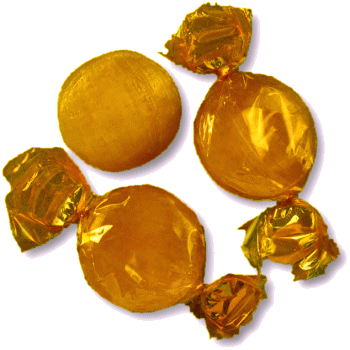




WELCOME TO An Entertainment Site for Scottish Country Dancers - Enjoy the curated selection of theme-related dances for celebrations and holidays, or find a dance associated with a special calendar day, or EVEN your own birthday!
Donkey Day
May 8
Other Scottish Country Dances for this Day
Today's Musings, History & Folklore
"🎶 Sweetly sings the donkey at the break of day.
If you do not feed him, that is what he’ll say:
Hee-haw! Hee-haw! Hee-haw! Hee-haw! Hee-haw!"
~ Traditional
This 32 bar reel was devised to highlight the work of the Eseltjierus Donkey Sanctuary just outside McGregor, in the Western Cape of South Africa, a permanent sanctuary where rescued, destitute, and elderly donkeys are given the opportunity to live out their lives with respect and dignity, in a protective and natural environment. The donkey holds a unique and enduring place in cultures around the world, often symbolizing traits ranging from stubbornness to humility and even wisdom. In many ancient civilizations, such as those of Egypt and Mesopotamia, donkeys were revered for their hardworking nature, often depicted alongside gods and pharaohs. In literature, Aesop's fables feature the donkey as a central character, imparting moral lessons through its trials and tribulations. Additionally, in Christian tradition, the donkey is celebrated for its role in the Nativity story, carrying Mary to Bethlehem before the birth of Jesus. Even in modern times, the donkey continues to captivate imaginations, appearing in cartoons, literature, and popular culture as a lovable and often comedic figure. Sing sweetly, donkeys and dancers! Hee Haw! 🐎 🌸 🏵️ 🌸
The Brays of McGregor
May 8th is World Donkey Day, a day to bring awareness to the over 41 million donkeys in the world today and to highlight rescue organizations all over the world.
The donkey, has been used as a working animal for at least 5000 years. A male donkey or ass is called a jack, a female a jenny or jennet. Jack donkeys are often used to mate with female horses to produce mules; the biological "reciprocal" of a mule, from a stallion and jenny as its parents instead, is called a hinny. These crosses are sterile.
Although the etymological origins of the word donkey are disputed, by the 18th century, the word donkey gradually replaced ass, and jenny replaced she-ass, which is now considered archaic. Other words used for the ass in English from this time include cuddy in Scotland, neddy in southwest England and dicky in the southeast. Moke is documented in the 19th century, and may be of Welsh or Gypsy origin.
The offspring of a zebra-donkey cross is called a zonkey, zebroid, zebrass, or zedonk
For more on the sanctuary for which this dance was devised, click the vintage illustration of a classic American children's game, Pin the Tail on the Donkey.
Click the dance cribs or description below to link to a printable version of the dance!




